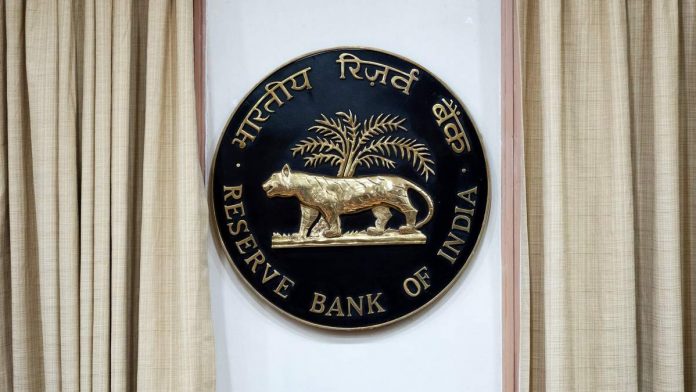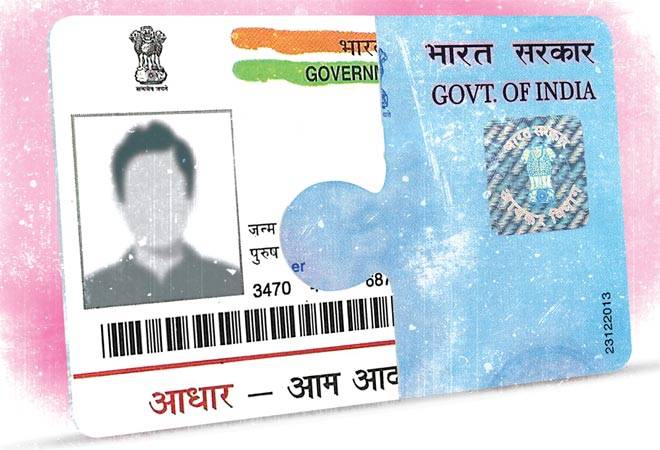What is Due Diligence: Due diligence is a process of research and analysis that is initiated before an acquisition, investment, business partnership or bank loan, in order to determine the value of the subject of the due diligence or whether there are any major issues involved. Such findings are then summarized in a report which is known as the due diligence report.
Due Diligence in case of Banks. Most of the times, when the company intends to borrow money from the Banks or the company intend to continue its credit facilities from the bank, the bank may get itself prepared or may ask the companies to get the Due Diligence Reports from the Professionals specifically the Company Secretaries as mentioned in the notification issued by the Reserve Bank of India dated 10.02.2009 vide Notification no. DBOD. NO. BP.BC.110/08.12.001/2008-09. The wording of the notification is as follows:
‘Please refer to Paragraph 2(iii) of our circular RBI/2008-09/183/DBOD.No.BP.BC.46 /08.12 .001/2008-09 dated September 19, 2008, on the captioned subject.
2. In terms of Paragraph 2(iii) of the above circular, in order to strengthen the information sharing system among banks in respect of the borrowers enjoying credit facilities from multiple banks, the banks are required to obtain regular certification by a professional, preferably a Company Secretary, regarding the compliance of various statutory prescriptions that are in vogue, as per specimen given in Annex III to the above circular.
3. In this context, it is clarified that in addition to Company Secretaries, banks can also accept the certification by a Chartered Accountants & Cost Accountants. Further, on the basis of suggestions received from Indian Banks Association, Annex III – Part I & Part II (copy enclosed) has also been modified.”
Why banks Need Due Diligence Reports?
1. The objective of the Diligence Report on Governance for Banks is to examine the records of a borrowing entity to assess borrowers conduct (as a corporate entity) from the perspective of the status of governance
2. To confirm the compliance of certain statutory and procedural requirements to provide comfort to the banks.
3. To verify the details of directors of the company, their relationship with the company i.e. promoters, independent or otherwise
4. To examine the previous and existing lending of the company
5. To know the defaulting status of directors and the company in the past
6. To confirm whether the comp[any has complied with all the provisions of the law especially Companies Act
7. To know the forex exposure and Overseas Borrowing of the company as on date
8. To confirm whether the company has insured all its assets or not so that in case of any mishappening, no burden on the funding of the banks should be dealt with.













1 Comment
Comments are closed.